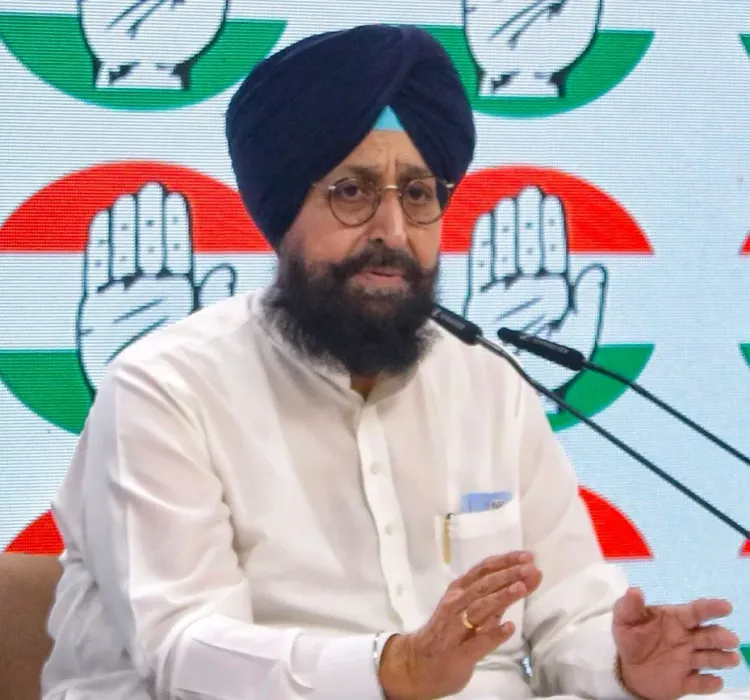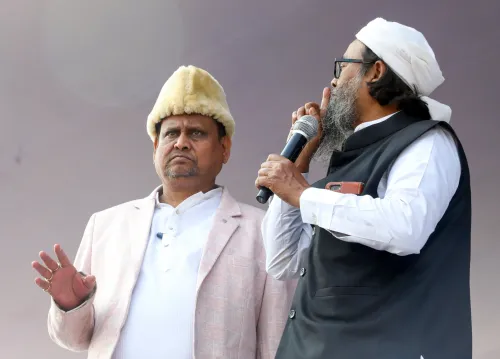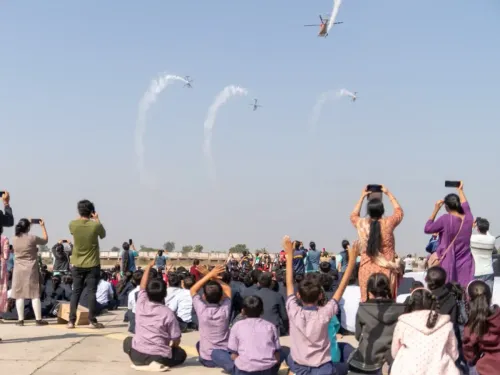Is the Ceasefire a Positive Step Towards Peace in the Region?

Synopsis
Key Takeaways
- Ceasefire between India and Pakistan marks a significant step towards peace.
- National security must remain a priority in peace discussions.
- Concrete actions against terrorism are essential for sustainable peace.
- Stable borders can enhance the quality of life for border communities.
- Punjab is implementing security measures, including anti-drone systems.
Chandigarh, May 10 (NationPress) Following the agreement between India and Pakistan on Saturday for a ceasefire, which concluded a four-day conflict that heightened tensions, Punjab’s Leader of Opposition Partap Singh Bajwa expressed his approval, deeming it a constructive move towards regional peace.
“I applaud the ceasefire deal between India and Pakistan. Maintaining peace along our borders is advantageous for both countries, particularly for the residents of Punjab, which shares a 553-km border with Pakistan. Stability in these regions is essential for the prosperity and safety of our border communities, not merely a diplomatic issue,” Bajwa stated.
While praising the initiative, Bajwa emphasized that national security must not be compromised.
“India has consistently advocated for peaceful discussions, yet we cannot tolerate terrorism or cross-border infiltration. Peace cannot be achieved at the expense of our national security,” he asserted.
Bajwa stressed that Pakistan must undertake tangible actions to dismantle terror infrastructure within its territory to ensure the sustainability of the peace process.
“While I endorse all peace efforts, it is vital that Pakistan guarantees no terror infrastructure operates from its territory,” Bajwa remarked.
Pointing out the potential advantages of a peaceful border, Bajwa stated, “A stable border translates to improved lives for our farmers, traders, and families residing in border regions.”
Bajwa called upon all parties to remain dedicated to peace, dialogue, and mutual respect while protecting the interests of the nation and those living along the border.
In the meantime, Chief Minister Bhagwant Mann noted that Indian forces have targeted operational terror camps in Pakistan, while “our neighboring country is retaliating by attacking civilian areas.”
Condemning Pakistan for its assaults on civil and military zones within the state, he described this as a cowardly act aimed at innocent civilians.
Reiterating Punjab’s legacy of valor, he mentioned that the state government has approved the acquisition of an anti-drone system to combat the smuggling of weapons and drugs via drones along the borders.
Mann stated that nine anti-drone systems will be deployed along the 532 kilometers of the border with Pakistan.










